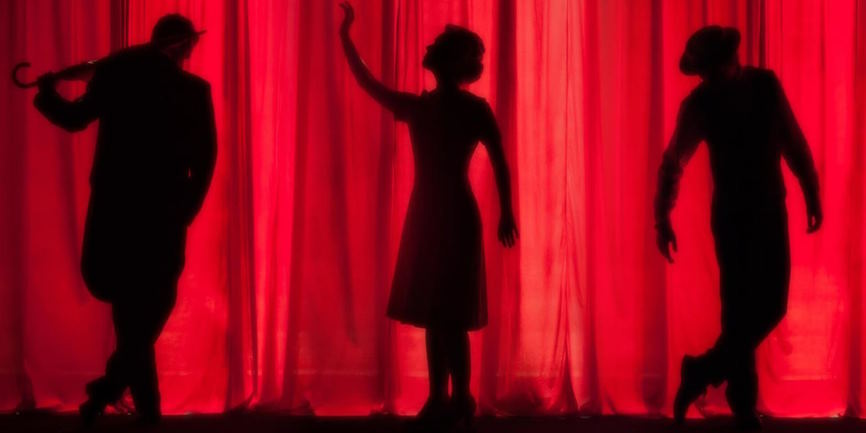
Behind the Scenes: The Work of Performers in Theatre
Theatre performances result from many hours of hard work and dedication from a team of performers and technicians. From the initial script to the final bow, every aspect of production is carefully crafted to create a memorable experience for the audience. In this article, we explore the work of performers in theatre, looking at the skills and techniques required to create a successful performance.
The first step in creating a successful theatre performance is the rehearsal process. Performers must work closely with directors and other actors to develop their characters and hone their acting skills. It involves extensive script analysis, experimentation with different acting techniques, and improvisation exercises to develop a deep understanding of the characters.
Once the rehearsal process is complete, performers must focus on the technical aspects of the performance. It involves working with stage managers, lighting designers, and sound technicians to coordinate their movements and timing with the various technical elements of the show. Performers must also know their blocking or the specific movements and positions required on stage to ensure a seamless performance.

In addition to these technical skills, performers in theatre must also possess a strong emotional range and the ability to connect with their audience. It requires a deep understanding of their character’s motivations and emotions and the ability to convey them through their performance. Performers must also be able to adapt their performance to the energy and mood of the audience, reacting in real-time to create a more immersive experience.
Another important aspect of the work of performers in theatre is their ability to work as part of a team. Theatre productions are collaborative efforts, requiring performers to work closely with directors, stage managers, and other actors to create a cohesive and engaging performance. It necessitates effective communication and a willingness to compromise and work towards a shared vision.

Effective communication is essential to the success of any collaborative project, and theatre is no exception. Actors must communicate clearly and effectively with their fellow performers and production team members, whether during rehearsals, tech runs, or performances. It requires strong verbal communication skills and listening actively, and responding appropriately.
Beyond communication skills, actors in theatre must also possess a high level of adaptability and flexibility. Theatre productions are complex and dynamic, and actors must be able to adjust their performances on the fly to respond to changes in the production, such as blocking or script revisions. Additionally, actors must be able to adapt to the performance space and audience, adjusting their performance to suit the space’s acoustics and the audience’s energy.
Finally, actors in theatre must have a strong work ethic and a commitment to their craft. Theatre productions often require long hours of rehearsal and performance, and actors must be willing to put in the time and effort required to deliver a high-quality performance. Additionally, actors must be open to feedback and willing to continually improve their skills to meet the demands of each production.
